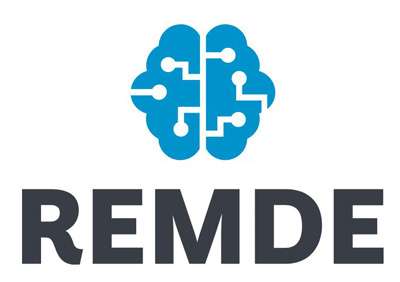

Agency
Lab
Years
Grant Number
Partners

Description
Emotions play an essential role in rational decision-making, perception, learning, and a variety of other functions that affect the human physiological and psychological state. Therefore, affective computing has emerged as an important field of study that aims to develop systems capable of automatically recognizing emotions. This is particularly crucial in the detection and treatment of depression disorders, as these are characterized by an increase in levels of negative emotional states, being the main cause of disability worldwide. Studies to create emotional recognition models have classically used images, videos, or, recently, virtual reality as methods of stimulation. However, the growth in the field of artificial intelligence has led to the creation of conversational agents, which have not yet been used as emotional stimuli. These use natural language processing models capable of generating original dialogues based on context. Likewise, they can be embedded in a realistic avatar, which can gesticulate and synthesize voice, creating a virtual human that allows maintaining a conversation with a voice interface in a virtual reality environment. The use of these for emotional recognition in subjects with depression represents a significant advantage over studies that have used images or videos, as depressive symptomatology is related to dysfunctional social attitude and lower capacity in social competencies. Therefore, it is expected that this stimulation will allow analyzing and monitoring the effects on emotional regulation of depressive disorders in a much more adequate way. To recognize emotional states automatically and unconsciously, different biomarkers have been used utilizing physiological measures such as electrocardiogram or electrodermal activity, and behavioral measures such as eye tracking or speech analysis. The data obtained from these signals are combined with machine learning architectures that allow creating models that recognize emotional states without the need to ask the subjects. These measures have previously proven to be objective indicators for the detection of depression.
The objective of this project is to develop an emotional recognition model to assess symptoms of depression during conversations with virtual humans through machine learning and biomarkers. The models will use biomarkers utilizing ECG, EDA, ET, and voice signals, and machine learning architectures. The generated models, as well as the virtual humans, will allow creating systems that assist professionals in early diagnosis, as well as remote monitoring of the evolution of patients suffering from depression, increasing the available information and allowing for more personalized intervention. Therefore, a high impact is expected in terms of theoretical and methodological scientific contributions, as well as developments that may lead to direct transfer to the healthcare sector.
